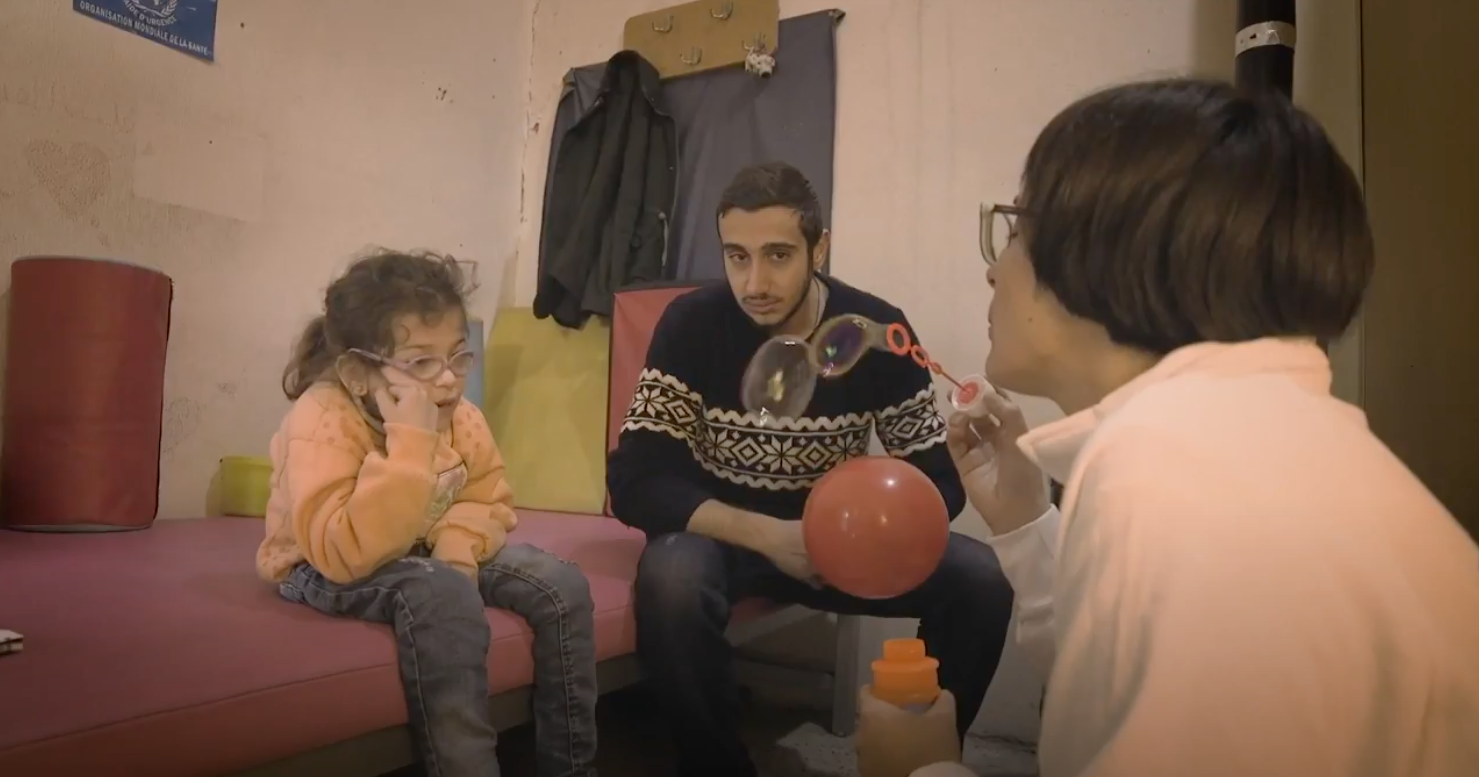
Tuscany is close to the Syrians, with facts...
"We have to go to Aleppo, to help the boys and girls. We can't leave them alone," Daniela Mori, president of the Il Cuore si scioglie Foundation, born out of Unicoop Firenze, a large consumer cooperative, had decided that the cry of pain of the inhabitants of Aleppo, battered by eight years of war, destruction and bombing, could not remain in midair, that cry of pain had to be answered, and answered concretely, not just with words. We left for Aleppo, bringing together those who have loved the Middle East for years and feel it to be an integral part of that great family that lives overlooking the Mediterranean. Tuscany is ready to do its part, as many other times, unfortunately. The John Paul II Foundation, born from an intuition of the bishop of Fiesole, Monsignor Luciano Giovannetti, "to be affectively and effectively close" to the Christians of the Middle East, the Tuscan ARCI, with its president, Gianluca Mengozzi, an architect and convinced that "dialogue is the only road on which to walk," the Meyer Hospital Foundation, a European excellence for treating children that has always gone to assist them even in places where war has taken away their childhood years.
Before the war, people flew directly to Aleppo, which welcomed tourists to its airport not far from the city center, to that "fortified citadel" that made it one of the most beautiful, wealthy, tolerant and fascinating cities in the entire Middle East. Today you fly into Beirut, and at night you travel by car to Aleppo, crossing first Lebanon and then entering Syria. The driver picks you up at night and takes you to your destination. During the war it took up to twenty hours of travel; today, with the war over, eight hours is enough. Drivers shuttle between Syrian cities and Beirut, bringing people and goods, products that cannot be found in Syria. They are experienced drivers, known to everyone, especially the dozens of checkpoints at which to stop for a quick document check. They know which roads, which lanes to take, they know how to avoid the potholes and craters left on the roads by the bombings. They know how to travel at walking pace and make quick turns, they know how to go flat out when the asphalt permits or the bombing looms. You entrust your journey to them. They never get distracted, they speak little, they smoke a lot, in fact a lot.
"Welcome and thank you for coming back. You are all eagerly and joyfully awaited," abuna Firas Lutfi, a Syrian Franciscan is the one who has lived in Aleppo during these eight long years of war, shared the suffering of his people, Christians and Muslims. Everyone loves him and his friendship is worth much more than the passport and colored visas that, at the border, they stuck on it. He is the one who during the war, with his car, shuttled between different parts of the city, kept contact, buried the dead and consoled the survivors, but who above all invited hope.
Everyone wants to talk, to tell, even the Muslim women in their long black dresses, and they do it with Valentina, Carla and Rita as they should. But our mission, our and your project (of you who are reading) is only one: to help the children who have suffered from the war. There are hundreds of thousands in Aleppo who have severe psychological disorders because they have seen many of their classmates killed by bombs or snipers, they have lived without playing, without going to school, under a bed or under a couch to save themselves from the shrapnel of bombs and missiles. Then there are other boys and girls who have lost a leg, an arm or both, or shrapnel has stuck in their flesh. There are specialized rehabilitation centers, where everything is difficult, complicated. Because towards Syria there is an embargo that does not let in proper medical instrumentation and many medicines, so everything you need you have to build by hand, without precise measurements, but with a lot of good will.
The city and its neighborhoods are destroyed, especially in eastern Aleppo, many houses are without walls but inhabited. Ruins are everywhere, some neighborhoods look dead, but the people those not: they want to live, they want to take back their lives. In the evening they look up at the fortified Citadel, a symbol of resistance to the war, an icon of a city that has not bowed. In recent months, in addition to the destruction of war, there is also Covid 19. Everything has become more difficult. Added to hunger and misery is the pandemic and an inflation that makes it almost impossible for tens of thousands of families to buy anything to cook. Aleppo needs us.
Renato Burigana
